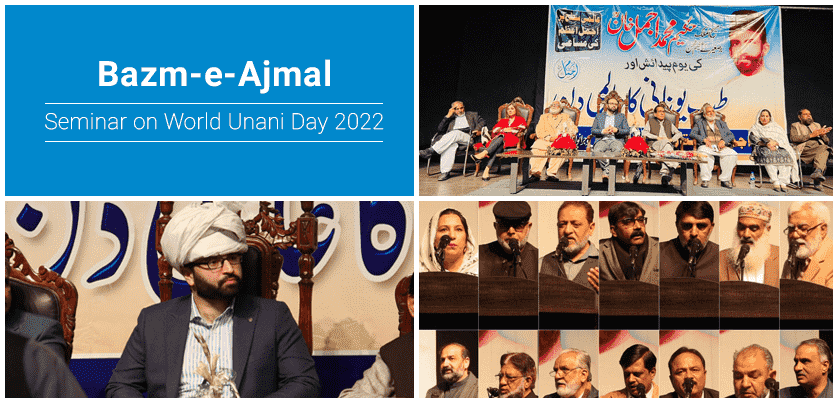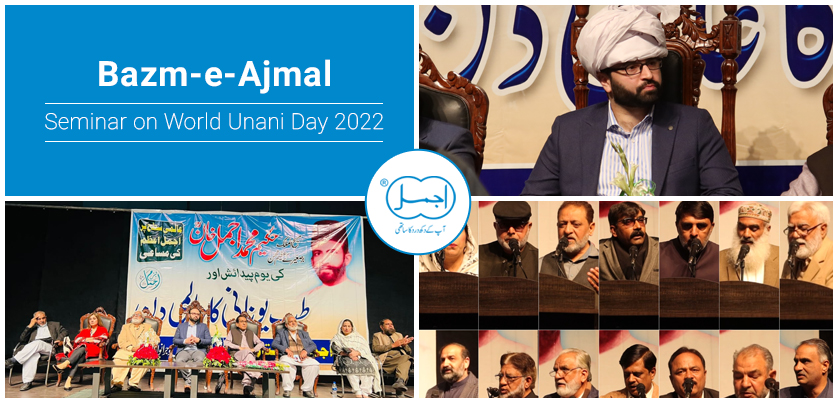Massage Therapy – Complete Treatment for Muscle Problems and Pain
Massage therapy is a treatment that is increasing in demand and recognition. At one time it was considered an alternative or a limited treatment, but now it is getting more and more into the mainstream of treatment. Massage therapy treatment includes circulating, relieving stress, reducing stress, reducing anxiety, improving sleep, and promoting relaxation throughout the […]
Massage Therapy – Complete Treatment for Muscle Problems and Pain Read More »









